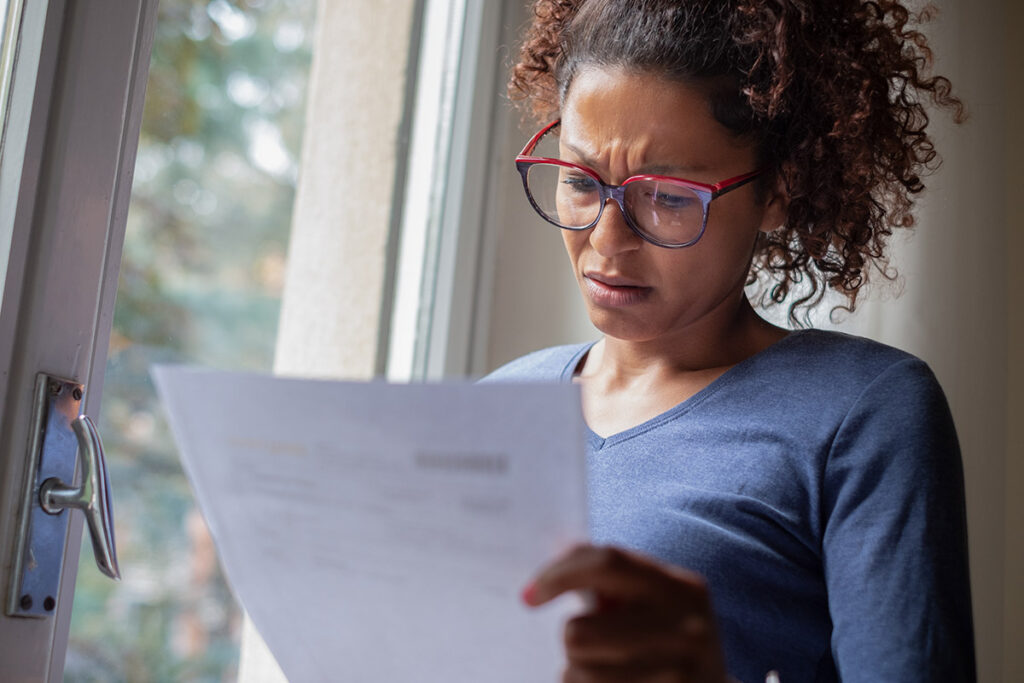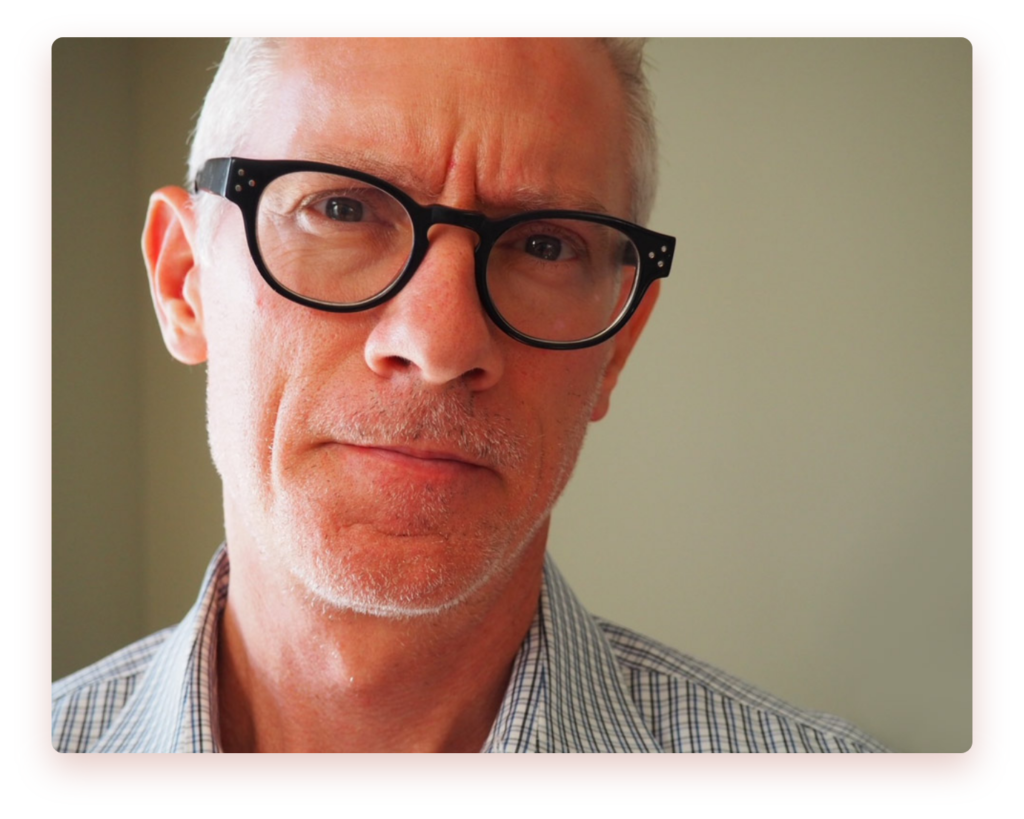
It may seem that there’s nothing you can do about your stress level. The bills aren’t going to stop coming, there will never be more hours in the day for all your errands, and your career or family responsibilities will always be demanding. But you have a lot more control than you might think. In fact, the simple realization that you’re in control of your life is the foundation of stress management.
Managing stress is all about taking charge: taking charge of your thoughts, your emotions, your schedule, your environment, and the way you deal with problems. The ultimate goal is a balanced life, with time for work, relationships, relaxation, and fun – plus the resilience to hold up under pressure and meet challenges head on.
Stress management starts with identifying the sources of stress in your life. This isn’t as easy as it sounds. Your true sources of stress aren’t always obvious, and it’s all too easy to overlook your own stress-inducing thoughts, feelings, and behaviors. Sure, you may know that you’re constantly worried about work deadlines. But maybe it’s your procrastination, rather than the actual job demands, that leads to deadline stress.

To identify your true sources of stress, look closely at your habits, attitude, and excuses:
Until you accept responsibility for the role you play in creating or maintaining it, your stress level will remain outside your control.
At lifeworks Charleston, we take stress management seriously and we can help you control and diffuse the stress in your life. Call us at 843-971-5171 or email us: info@lifeworkscharleston.com
Stress can show itself in many ways. Five of these are frequently reported by patients in my practice, because they interfere with our lives, our work, and our relationships:
And here is a special note: one of the ways that patients report dealing with stress is substance use and abuse, particularly with alcohol, which is a relaxant/depressant. But the dangers of relying on alcohol, marijuana, cocaine, pain killers, and even food – all comprised of molecules that can have energizing or relaxing effects on our bodies and minds – are multiple and well-documented. Unfortunately, these substances can lead to more problems, such as missed work, health difficulties, legal entanglements, and relationship strains, which then become new sources of stress. As you can imagine, this can set up a vicious cycle of stress, reactions, substance use, new/increased problems, stress, reactions, substance use, new/increased problems, and on and on.

As you can see, stress begets stress. It can have a snowballing and devastating effect on our lives, and shouldn’t be ignored. Normal stress comes and goes, but chronic and especially severe stress, such as can happen with high-pressure jobs, multiple family obligations (e.g. tending to aging parents while raising young children or teenagers), sudden or dramatic financial difficulties, economic uncertainties, long commutes in heavy traffic, creates an especially heavy toll on our bodies and minds. Left unattended, with inadequate or unhealthy stress reactions and efforts at coping (including withdrawing from life), stress can create and contribute to impaired capacity for joy, decreased life expectancy, and greatly diminished quality of life.

Your body responds to large and small stressors in two major ways – energy conservation mode and active response mode. The latter invokes the familiar “fight or flight” syndrome of responses include pupil dilation, slowed digestion, elevated heart rate, increased respiration, muscular tension (especially in the large muscle groups), and the like. These reflect the body’s preparation to deal with a clear and present danger, as it was evolved to do. The problem is, many of the stressors we face each day are chronic, and represent things we cannot control, such as traffic snarls.
So, a great deal of getting worked up goes to waste, and has no opportunity for productive action, leaving us with the lingering unresolved tension and activity that our bodies “revved up” to respond to danger. In the energy conservation mode, we “shut down,” reflecting an effort to conserve energy. This mode of responding to stress can accomplish that goal of energy conservation, but at the expense of our productivity and responsiveness to the environment.
Yes, stress can kill us, at least indirectly, by diminishing our healthy immune system functioning, by leading to unhealthy weight loss or gain, by contributing to our consuming unhealthy foods, by undermining our sleep and thus depriving us of sleep’s benefits, by compelling us to use recreational drugs and prescription drugs excessively or inappropriately, and by impairing our relationship capacities, each of which has been linked in studies to the onset and/or exacerbation of a variety of medical conditions, including increased risk for cardiovascular diseases, heart attacks, and strokes.

Anxiety and other manifestations of stress can be very short-lived, as in mere moments of surprise and confusion in response to an unexpected and undesired even or outcome. But anxiety can be much more long-lasting as well, particularly when we experience multiple sources of stress at one time, when stress is chronic and unrelenting, and when we have limited capacities to respond to the sources of stress, either because they are things outside our control (not always evident to us) or because we lack the perspective to be able to appraise the stressors accurately and plan or execute productive responses to stress. Furthermore, when our reactions to stress are less than helpful, or even harmful to us in one way or another, we can learn to experience anxiety about even the possibility of stress.
There are many methods for calming oneself from anxiety, worry, and stress. Many are highly effective in most cases; some are highly effective sometimes, and some are only moderately effective or inconsistently effective. Others are effective, at least temporarily, but at a high price, such as with substance abuse, excessive spending, or withdrawing from activities and obligations. Among the most helpful ways to calm oneself are meditation, relaxation training, massage, psychotherapy, and counseling. Each has a track record of empirical research demonstrating long-term benefits emotionally, physically, financially, and even spiritually. Additionally, there is good evidence that being in nature, exercise, and healthy dietary habits help to lower our vulnerability to stress, and to respond more calmly to stress. And, importantly, being with friends, relating to them genuinely and being present with them (admittedly difficult when we’re stressed, but not impossible!) can be a critical resource for coping more effectively with stress.

Mainly, dealing with stress can mean avoiding the sources of stress (not always possible, but sometimes so), learning to calm one’s mind and body to diminish the negative effects of stress, and changing one’s perspective – modifying the often automatic ways we perceive, think about, and label the stressors in our lives.
Fortunately, we know a lot about stress here at Lifeworks. And, more importantly, we know how to help. Whether it’s relaxation training, imagery, breathing techniques, mindfulness instruction, marriage counseling, individual psychotherapy, or even referrals to other local resources including physicians, psychiatrists, nutritionists, exercise coaches/trainers, we can help. We encourage you to give us a call with your needs around stress, anxiety, depression, and other forms of psychological suffering and growth needs. If we can’t help, we’re happy to help with referrals to other resources as best we’re able.

Dr. Brian Sullivan is a licensed clinical psychologist with over 25 years of experience. He holds a PsyD Doctorate in Clinical Psychology as well as a Master’s Degree in Clinical Psychology from Florida Institute of Technology (FIT). Dr. Sullivan believes his job is to work himself out of a job by helping people reach a point at which they no longer need his help.

Rachel Kepes is a Licensed Professional Counselor passionate about helping adolescents, their families, and adults struggling with life stressors, relationship difficulties, behavioral and mental health challenges.